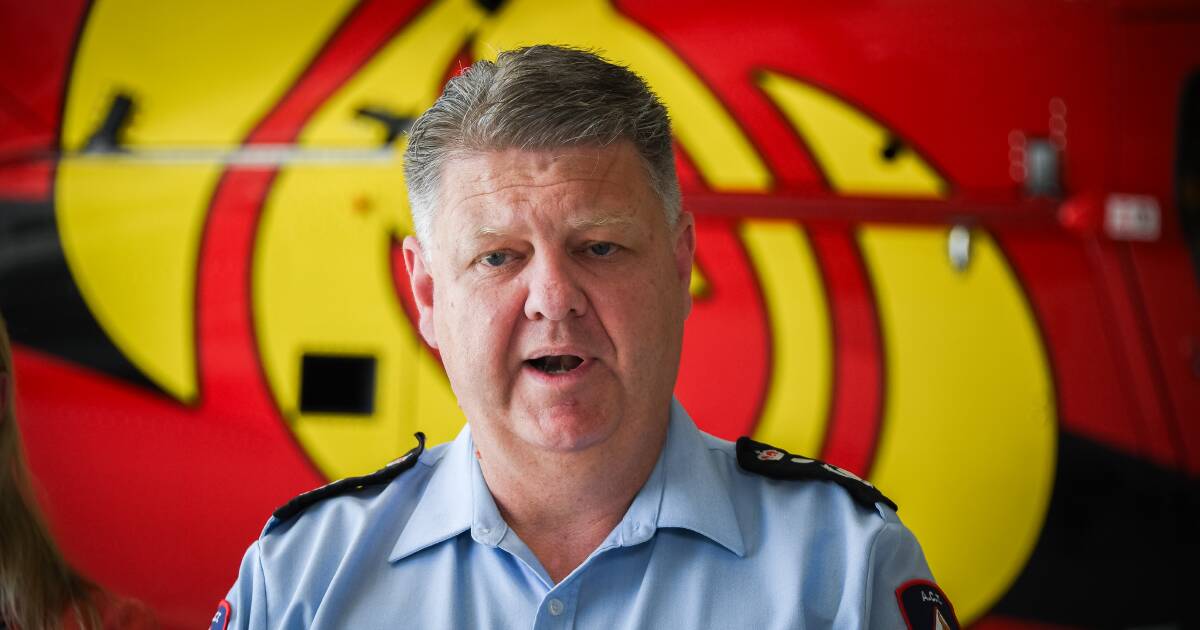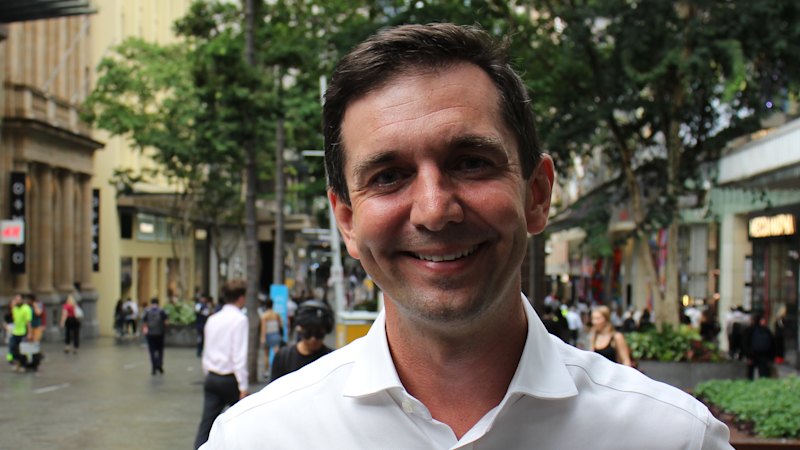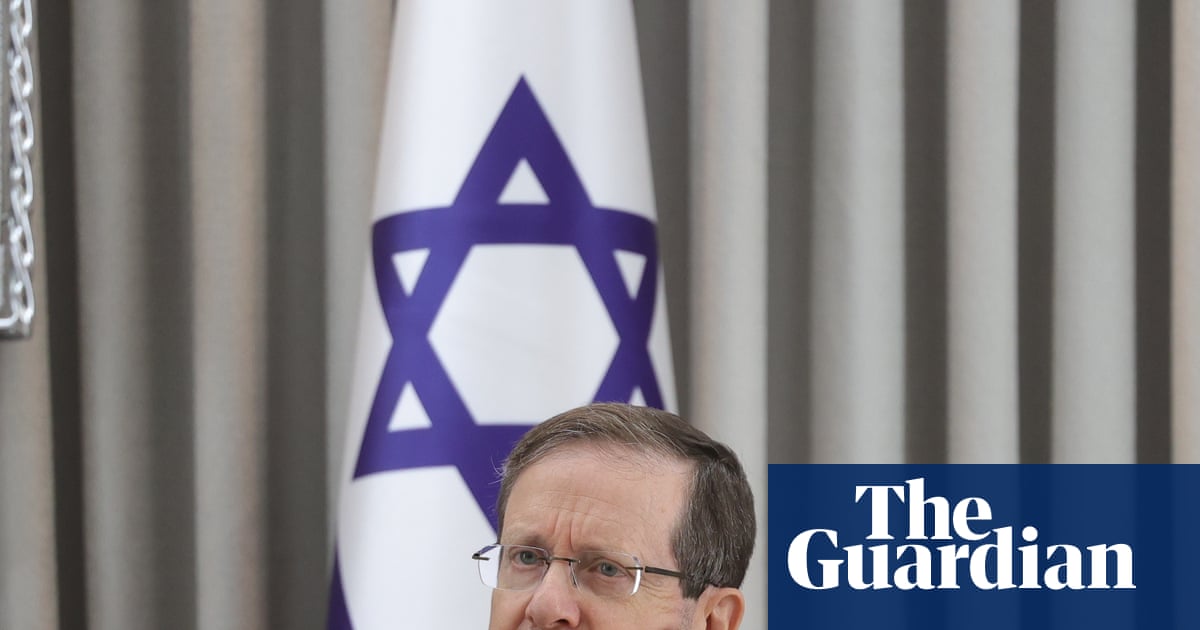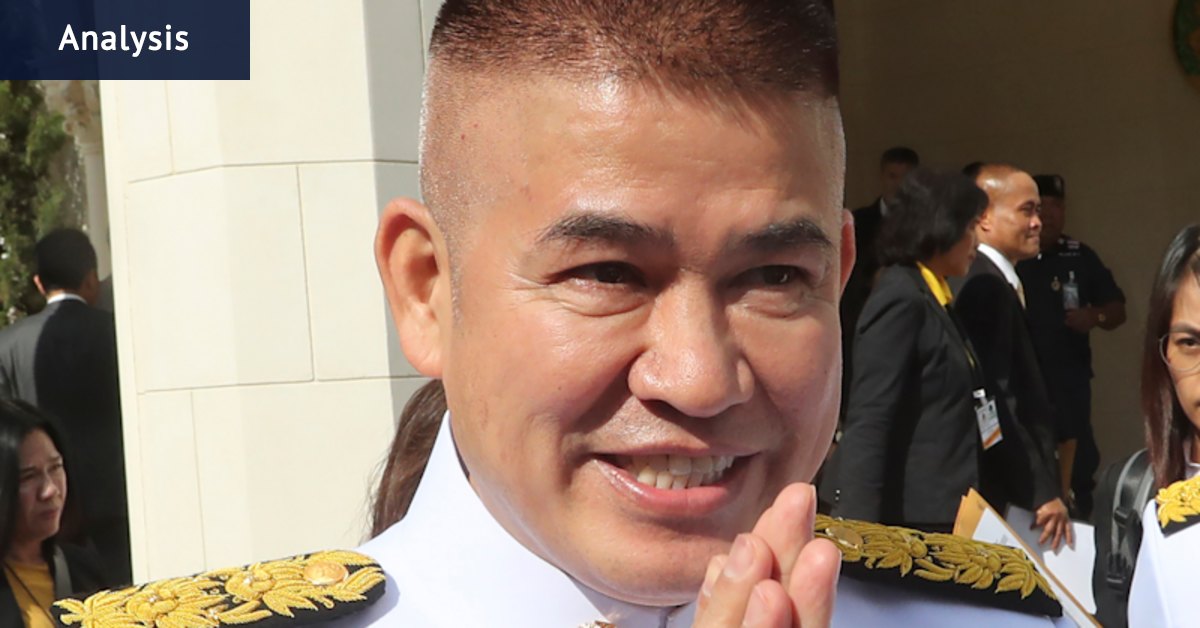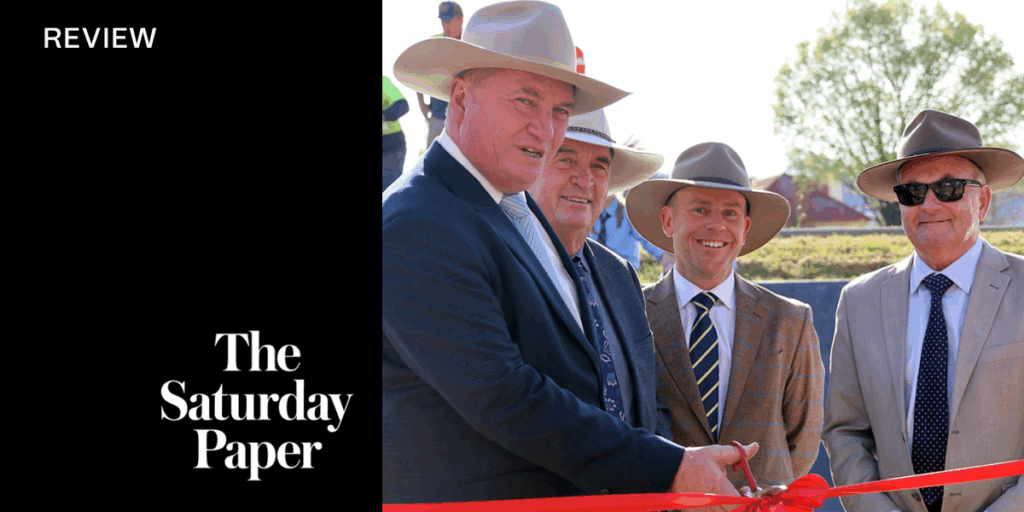
Surprise, surprise, Barnaby Joyce is in the headlines yet again. This time, it’s to announce his decision to leave the National Party and not to recontest his seat of New England at the next election. Speculation is rife as to what role he will play for the rest of his career.
Why does Barnaby Joyce attract such regular attention in the media? Some have argued he is the best “retail politician” in the game – that he connects easily with voters. However, he has achieved little to our national benefit during his time in politics and is better known for his notorious antics than for any contribution of substance.
Joyce’s Political Legacy and Disruptive Role
Joyce has never been a team player. Though he says he is no maverick, he is proud of his record in crossing the floor. These disruptive appearances have been a defining feature of his 20-year career in politics, but his latest actions have raised important questions about the structure and effectiveness of opposition forces in our politics today, well beyond the various considerations of what might be best for Joyce’s career.
This time, he has intervened when the Coalition is on its knees after their serious drubbing at the May election. Moreover, they seem to be falling further under Sussan Ley’s leadership. Having already staged a short-lived split in the wake of the election, the Nationals’ re-engagement with the Liberal Party has at best been tentative, with lingering divisions on several fronts.
Internal Struggles and Potential Realignments
Joyce feels particularly disadvantaged and isolated since the election. Still stinging from Peter Dutton’s words before the last election that “we just want you out”, as reported by Jason Koutsoukis in this paper last week, Joyce also feels poorly treated by the Nationals’ current leader. He sees himself as having mentored David Littleproud into the leadership, only to be banished to the extremities of the opposition’s seating in the House, disgruntled and at odds with many of his colleagues in the Coalition.
Enter, Pauline Hanson. Her One Nation party has polled strongly and is now threatening to become the third major party behind Labor and the Coalition, ahead of the Greens. Hanson has said the door is open for Joyce to join – having approached him about the prospect last year, after pictures emerged of him sprawled on a footpath burbling into his phone. Joyce has said he will consider his options over the summer.
Though Joyce still hasn’t signaled any intention to join Hanson, some believe he would be more at home with One Nation than with either of the Coalition parties. This was never more apparent than when he voiced his zealous opposition to the net zero emissions by 2050 target and related policies, in a similar vein to Hanson, while the Coalition persists with an alarmingly slow policy review process, amid significant internal division.
Implications for the Coalition and Broader Political Landscape
It’s unclear what Joyce has in mind if he’s seriously entertaining a move to One Nation, a far smaller party in which he would be no closer to the leadership – Hanson has ruled out any such offer and he has ruled out a challenge. It’s notable, however, that Hanson rebranded her party this week to drop her name from the title – it’s no longer Pauline Hanson’s One Nation.
To my mind, the National Party would benefit from the clarity that a split from the Liberal Party would deliver. A spell with fewer resources and influence might force its renegades to recognize the virtues of cooperation. This latest flirtation of Joyce’s has only added to the overall sense of disarray and lack of strategic direction by the current opposition, fueled by leadership tensions and a policy vacuum.
The risk is that his divisiveness leads to a deeper schism in the Liberal Party as well. As if Ley needed more pressure. Two outspoken former shadow cabinet members, now backbenchers – Jacinta Nampijinpa Price and Andrew Hastie – have already openly undermined her.
Shadow finance minister James Paterson has called on the Coalition to get its act together, to end the “mass public therapy session” and “apology tour”. All members of the Coalition must give some serious thought to how they may contribute to a ready and viable alternative government.
Historical Parallels and Future Prospects
While party restructures seem easy on paper, they are, of course, very difficult to implement and sustain, with egos clashing over leadership, finance, and policy. Yet some figures within the far-right flank of the Liberal Party are apparently viewing this moment as an opportunity – some say an imperative – to build a truly significant conservative party of their own. They want to pull together non-Labor parties, movements, and people, as Robert Menzies did in the 1940s. They would prefer to see the progressives go their own way.
As James Paterson pointed out in his Tom Hughes Oration last month, this would indeed be a “disaster” for the Liberal Party. He said we need only look to the Labor Party’s split in the 1950s and ’60s for a stark warning. The breakaway Democratic Labor Party directed its preferences to favor the Liberal Party over the ALP, which thwarted Labor’s majority in both the 1961 and 1969 elections.
Proponents envisage a much more right-wing orientation, some calling for a version of Nigel Farage’s Reform UK – a populist party based on an anti-immigration platform. To be clear, although he’s polling strongly, Farage is mainly pulling votes off the Conservative Party.
There has always been unease in the Coalition with respect to the political appeal of One Nation. Three decades ago I had quite an animated discussion with Ron Walker, then the Liberal Party’s honorary federal treasurer, in which I expressed my concern about then prime minister John Howard’s reaction to Hanson’s maiden speech, in which she described Australia as “swamped by Asians”.
I was annoyed that Howard had basically identified sympathies among the party’s supporters with much of what she had said, particularly with what I considered to be the more racist overtones. Howard’s statement that Hanson was “articulating the concerns of people who felt left out” was, to my mind, a covert endorsement of her views: nudge-nudge, wink-wink. Walker argued this was clever politics, that Howard’s tolerant response would broaden our base. I said it was more likely Hanson would form a party defined along these lines, which would permanently eat into our base. Walker was unconcerned – he seemed to believe that any impact would be resolved by preferences.
Yet the Nationals have historically faced many electoral challenges from One Nation. And, shamefully, to minimize the broader damage to the Coalition, understandings were reached in terms of two-way preferences in this year’s election. In a last-minute deal, the Coalition’s how-to-vote cards ranked One Nation candidates second in several seats. Pauline Hanson pulped and reprinted her cards to reciprocate, placing Coalition candidates second in electorates including Dickson, Peter Dutton’s old seat.
From my experience as essentially a small-l liberal in the Liberal Party, fragmentation is not a productive strategy. Making a broad church work is a better way forward and more in tune with declared Liberal values.
I would also counsel against leaning into a harder-line conservative platform. I can’t accept that a party that moves further to the right in Australia would have a better chance of winning at the polls – there is no evidence to support this. Our elections are won in the center.
My two cents’ worth would be to advocate a positioning of the Liberal Party as a genuine reform party, willing to honestly address issues such as climate change, tax reform and fiscal responsibility, and take the electorate into its confidence as to how these issues can best be tackled and the likely outcomes. I don’t doubt this is difficult, but leaders should help voters understand why some unpopular decisions are necessary in the national interest. It should be clear what the party stands for.
This gets to the heart of the party’s main failing: policy development. The Liberal Party remains unable to commit to a platform that offers deliverable responses to the major challenges confronting our country. A deserving alternative government must offer genuine conviction that it will work to meet voters’ aspirations for themselves and their families – particularly for their children.
We all from time to time sit on the couch railing at news coverage and pontificating about how best to do nearly everything. My generation must sit back, we’ve had our turn. Wisdom is one thing, but I would love to see some new, professional faces in the once-great Liberal Party.
